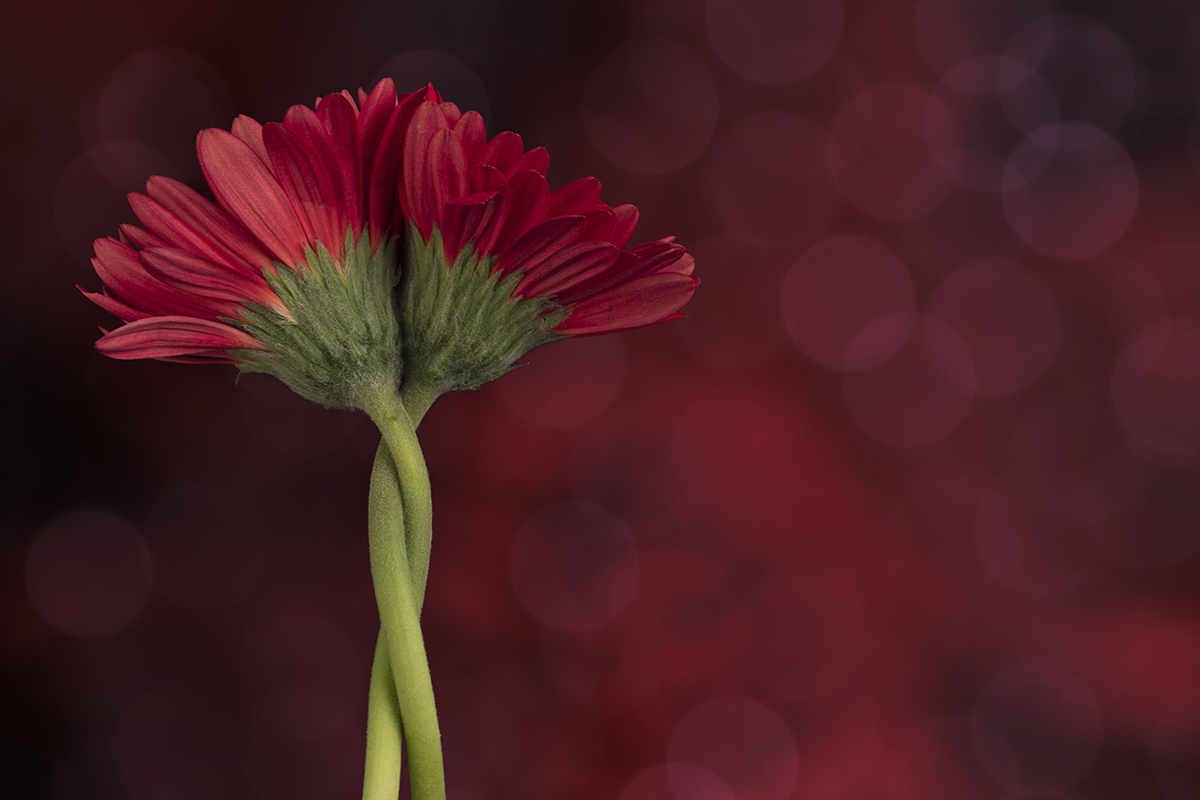Whatever your focus, spiritual practice should not be about meaningless ritual repetition. It should not be merely a habit or a means of appeasing others. Nor should spirituality be a wholly intellectual exercise. There is a significant place for thinking and philosophy, but spiritual experience has to be grounded in feeling. The emotional impact of what we do is what moves us and takes us forward, and it is the emotional experience that is the most rewarding. Without it, we’re just going through the motions. There are religious writers from various traditions who offer submission to God as the only goal of religion. By this assessment, what you feel is explicitly considered irrelevant; obedience is everything. To me, this makes a total nonsense of spirituality. Blind obedience to that which does not expose us to mystery, or feed the soul, is just blind obedience. So often this combines with serving someone else’s agenda. This is one of the primary things I wish to challenge. We have no real evidence for the existence of deity, only personal experience. Anyone seeking deity must, surely, look to personal experience to be doing anything other than following some other person’s unfounded instructions? Where we blindly follow the instructions of others, we become desperately vulnerable to abuse and manipulation.
The human touch
Even if you accept that book religions are founded on the revealed word of deity, it is important to acknowledge the human influence in the process. Humans have written those words down, copied, translated, and often interpreted. Decisions are made about which texts to include and which to reject. At the very least, this indisputable human element must make the writing less than divine perfection. We should not treat as pristine and divine that which has grubby human fingerprints all over it.
It is my impression that humans have made up the stories in the first place, too. They may be inspired, but they are intrinsically human. Stories are good and useful things, right up to the point where some other human demands you place blind faith in them, treat them as literal truths and act accordingly. We have used stories in this way through human history to justify the obscene and to quash rational and compassionate thinking. Failure to find meaning can be written off as a consequence of doing it wrong, being insufficiently pious, impatient, or a hundred other dispiriting things. Finding the line between necessary patience and pointlessness is not automatic, and we should expect to have to work at things sometimes. If a practice doesn’t resonate with you, or make sense, it may simply be wrong for you. When religions require actions that seem irrational, feel wrong or don’t make you feel anything at all, there’s every chance it was never about spiritual experience. I’ve even had Druid practitioners tell me that I must repeat meditations that don’t work for me, and repeat them daily because they are necessary. To question that, was, I was told, to disrespect both the teacher and the tradition. Human desires for power and control need guarding against in spiritual work. It should always be possible to question, to adapt practice or seek a viable alternative at the very least.
A spiritual experience gives a person a feeling of profound connection with something beyond themselves. That something doesn’t have to be a god. It could be a place, a person, a tradition, or an idea. Anything, potentially, can be connected with. The spiritual experience breaks down the isolation of self, deepening a feeling of involvement, it gives an emotional sense of meaning, significance or elevation. This can be literally true if your spiritual moments connect you to other people. Holding that all important doubt, it may, or may not represent a literal truth the rest of the time, but either way the psychological consequences are real.
Quest for wonder
The quest for spiritual experience begins with the quest for feeling. What moves you? Has anything in your life been beautiful enough to make you cry? What took your breath away, put you on your knees with awe, turned your world over and shook it? Those are the keys. Follow those things, seek and court them, make space in your life for them and treat whatever moves you as vitally important. Honour it, by whatever means makes sense. The rest will come in its own time.
There is no call for belief in the quest for wonder, nor do you need to ascribe supernatural meaning to what happens. The most rational and non-believing person can still feel awe. Whether it is the beauty of a mathematical equation, a rainbow or a melody, these things simply exist. All you have to do is encounter something that causes an emotional response within you. No gods are necessary, just your attention.
From Pagan Portals: Spirituality Without Structure by Nimue Brown. © 2013, published in the UK by John Hunt Publishing.
Cygnus Code: 240202
PAGAN PORTALS: SPIRITUALITY WITHOUT STRUCTURE
by Nimue Brown
Do you long for a committed spiritual life without wanting to belong to the rigid structure of a formal religion? Nimue Brown explores how to construct your own spiritual path, considering the implications of seeking a spiritual life that you craft for yourself.Click here to buy.







